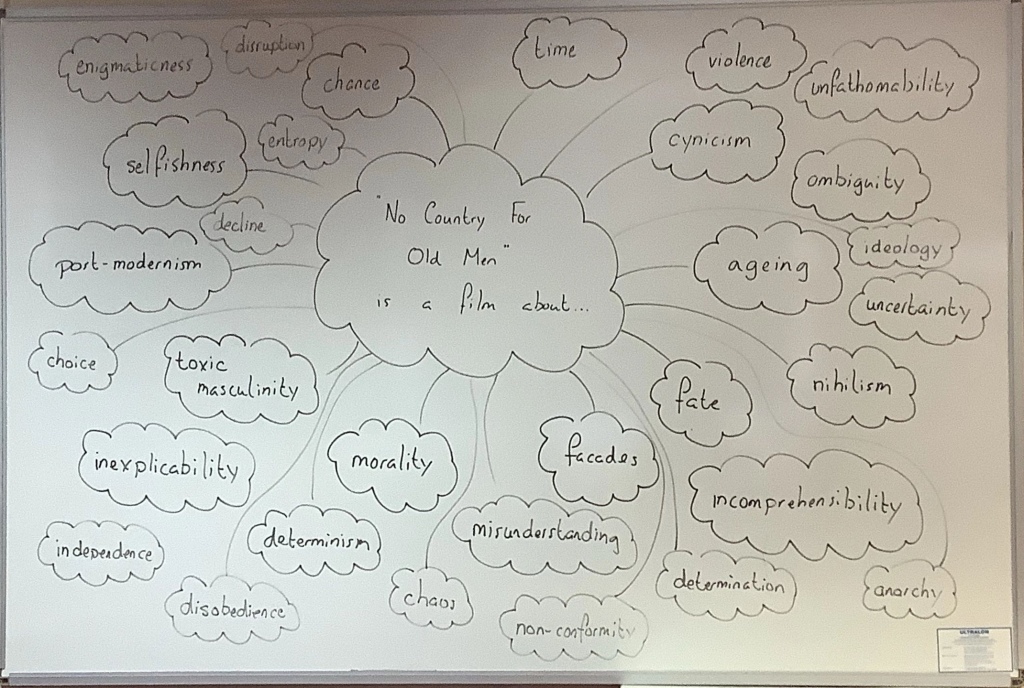Winter’s Bone (Debra Granik, 2010) is a film that distinctly adheres to a feminist ideology. Feminism is an ideological approach that seeks to critique how women are represented throughout film, examining the oppression women face by a dogmatically patriarchal society. Applying a feminist ideological approach to Winter’s Bone reveals the film’s underlying message concerning gender and how it affects power dynamics within society.
Throughout the film, the role of women within a patriarchal, impoverished society is explored. The film’s protagonist, Ree, defies the expectations of women within a male-dominated society. She provides for her siblings and catatonic mother, whilst also uncovering the mystery of her father in order to protect her home. Ree performs actions that typically associated with both maternal and paternal duties, such as cooking, nurturing, alongside tree chopping and hunting.
Ree’s uncle, Teardrop, serves to represent the toxic masculinity that exists with the patriarchal community that pervades the Ozarks. He initially serves as a hostile force inhibiting Ree’s quest to find her father, but gradually begins to support her actions as the film progresses.
Conversely, No Country For Old Men (Ethan and Joel Coen, 2007) is an ideologically ambiguous film that can be viewed through a plethora of ideological approaches. My chosen ideological approach to view the film through is nihilism.
Applying a nihilistic approach involves considering the viewpoint that denies the existence of any inherent meaning or value in life, instead emphasising the absurdity of existence. Nihilism holds that traditional moral values, religious beliefs and social norms are mere illusions that mask the fundamental emptiness of existence. No Country For Old Men explores this idea in a variety of ways throughout the film.
The film’s primary antagonist, Anton Chigurh, is the film’s embodiment of nihilism. His motivations and philosophies are notably enigmatic, rejecting traditional moral values and inferably believing instead in the inherent meaningless of human existence. He acts indifferently to human life, being a hitman who kills without remorse or emotion, often letting the roll of a coin determine the fate of his victims. Chigurh’s worldview presented throughout the film ultimately reflects a fundamental belief in the meaningless of existence, with his repugnant actions being justified by his conviction in the fact that he believes nothing in life has inherent value or worth.
Another of the three primary characters, Sheriff Ed Tom Bell, serves to juxtapose Chigurh’s nihilistic ideology. He holds a strong moral code based upon his traditional values concerning the importance of human life. Bell’s strong morals are challenged by the seemingly senseless and inexplicable violence that pervades Texas.
The setting of the film itself, the barren and desolate landscapes of the film serve to reinforce the theme of nihilism. The desolation represents the absence of life and meaning within the world. It also highlights Chigurh’s belief in the futility of human endeavour and the insignificance of human existence. The Coens’ decision to implement a mere 16 minutes of non-diegetic composed score throughout the film also serves to accentuate this idea.
